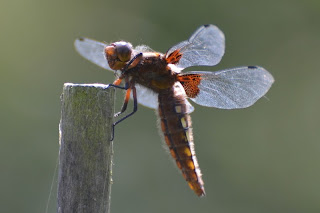I have often thought that the habitat at both inflows is ideal for a Night Heron. So well done and a BIG Thank you to Alan , who first noticed it on Saturday, and John for rediscovering it in the rain today(Wednesday).
This is a first summer.
Some happy county birders were very pleased! There are only 7 county records, the last was 1984. Some Night Herons are kept in captivity, but they are normally rung. This individual had no rings, so hopefully it is a genuine vagrant. Night Herons have a world wide distribution and breed in northern France and Holland.
Hopefully ,if not disturbed, this bird will stay around for the summer.
Night Heron are most active after dark. There are plenty of frog and toadlets for it to feed on and tall willows to roost in during the day.
Kaitaia to Auckland
12 years ago

























